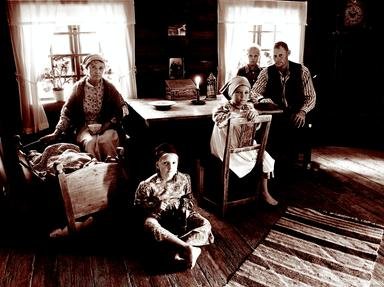Quiz Answer Key and Fun Facts
1. As the decade began, which state had just joined the Union?
2. As part of the Compromise of 1850, a Federal law allowed slave owners to send slave catchers into free states to arrest runaway slaves and return them to their owners. What was this law called?
3. The Whig Party collapsed in the early part of the decade, creating a political vacuum in the two-party system. Who was the Whig Party"s last Presidential candidate?
4. The rather shaky peace between the North and South received a severe test in 1852 when a runaway best-selling novel appeared in the North. What was its title?
5. The decade was not all about North/South tensions. A strong anti-immigrant movement swept through the nation, focusing on the Irish and how to stop them from coming to the United States. What political party tried to capitalize on the anti-immigrant mood?
6. Sectional harmony evaporated in 1854 when the Kansas-Nebraska Act was passed. What did the bill contain that Northern people hated?
7. Reaction in the North to the Kansas-Nebraska Act was swift and angry. Which political party formed to oppose the bill?
8. Kansas became a battleground when proslavery and free soil settlers rushed in. All out civil war erupted in the spring of 1856 when proslavery people sacked the free soil town of Lawrence and this free soil settler led an attack on proslavery settlers that saw him and his group murder five men and boys. Who was he?
9. Lurid stories about "Bleeding Kansas" filled the newspapers. The North blamed the proslavery crowd; the South blamed Northern abolitionists. In the midst of this turmoil, a South Carolina Representative, upset over a recent speech about Kansas, used his walking cane to beat and almost kill a Senator from Massachusetts. Who was the Senator?
10. Even the Supreme Court could not stay out of the decade's tumult. In 1857, the Court ruled that black people--slave and free--could never be citizens of the United States and that Congress and territorial voters had no power over slavery in a territory. What was this decision called?
Source: Author
obiwan04
This quiz was reviewed by FunTrivia editor
bloomsby before going online.
Any errors found in FunTrivia content are routinely corrected through our feedback system.


